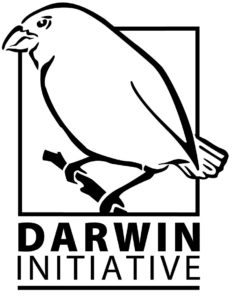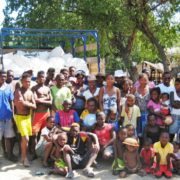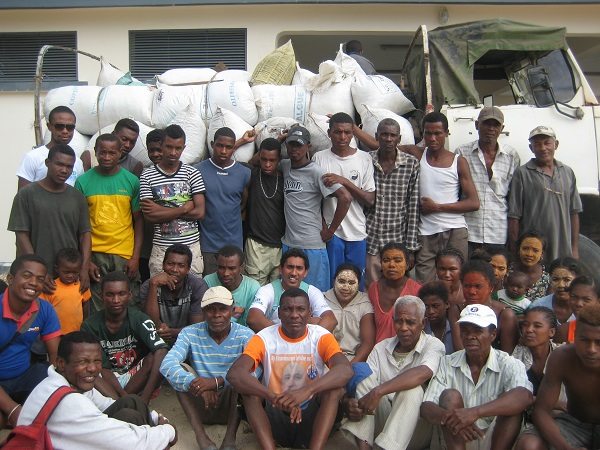Seaweed Farmers Celebrate 1st sale
 ReefDoctor’s Darwin Initiative funded project see its first sale of seaweed by the farmers from Ifaty village.
ReefDoctor’s Darwin Initiative funded project see its first sale of seaweed by the farmers from Ifaty village.
In the Bay of Ranobe, Southwest Madagascar, fishing is more than just a way of life – it is life. There are few formal employment opportunities, and subsistence fishing allows the people to get by on $0.7 – 1.4 USD per day, well below the WHO poverty line of $2 USD. But with approximately 20,000 people all trying to catch the same fish, catches are steadily declining. And when the weather is bad, the villagers often don’t catch anything. ReefDoctor’s alternative livelihoods project, with assistance from the Darwin Initiative, is helping the men and women in the Bay of Ranobe to generate sustainable, reliable incomes, utilising the productive potential of the ocean, rather than over exploiting it.
The red seaweed Kappaphycus Alvarezii is grown for a component called carrageenan, which is used as a binder and stabiliser all over the world in products such as toothpaste, soaps, pharmaceuticals, skin creams, ice cream, pasta, and sauces. ReefDoctor first introduced the concept of seaweed farming to the village of Ifaty, providing start-up materials, access to markets, and ongoing training and support, and in June the farmers sold their first batch of seaweed, total weight of over 2 tons.
Some farmers sold over 200 kg of seaweed, generating more than 100,000 ariary, the equivalent of $31 USD. While this may not seem like much, for one of the poorest regions of one of the poorest countries in the world, this is a windfall, and can be enough to lift them above the poverty line. And now that farmers have experienced the benefits, they are determined to produce more seaweed for their next sale.
And word is spreading. Villages to the north and south of Ifaty are already working with ReefDoctor to develop their own seaweed farms. But the benefits of these farms go beyond lifting fishermen out of poverty. By having a more reliable source of income, farmers spend less time fishing, reducing pressure on the exhausted coral reef ecosystem and especially the marine turtle fishery. The farms are designated no-fishing areas, so their position above seagrass beds provides habitat protection from damaging sources of fishing such as trawl and seine nets, and provides a refuge for targeted fish species. As the number of seaweed farms increases across the Bay of Ranobe, a network of protected areas is forming, providing much needed relief for the marine resources of this beautiful bay.
So before long, the toothpaste you use to brush your teeth may be helping to bring rural Madagascar out of poverty, and protect a coral reef ecosystem.



